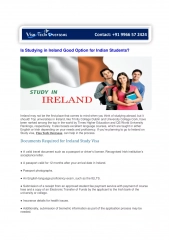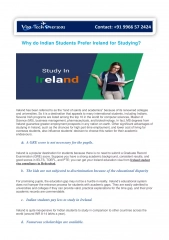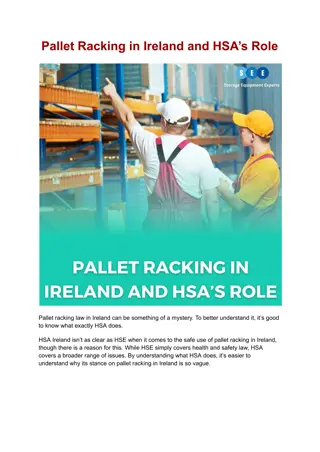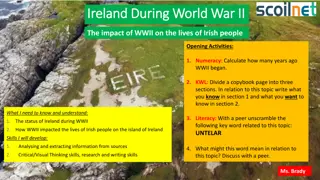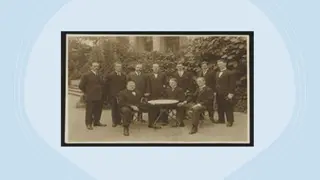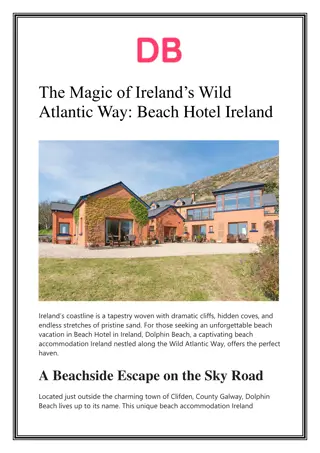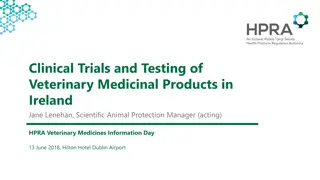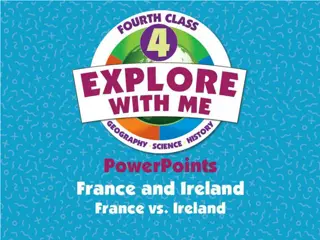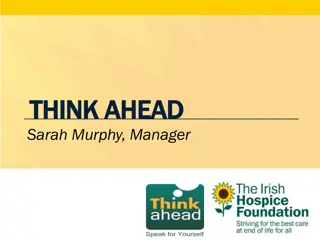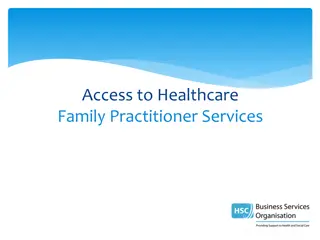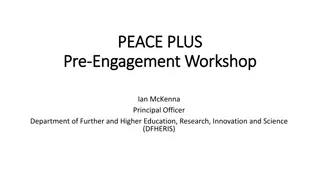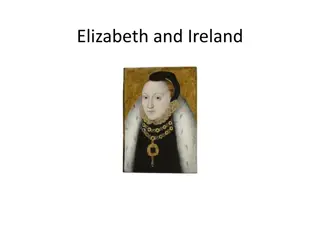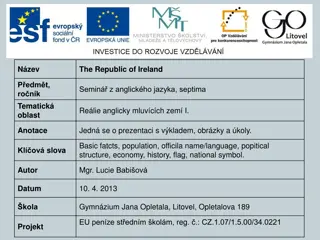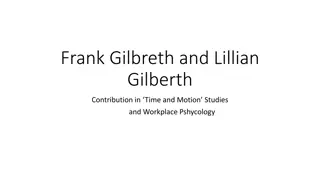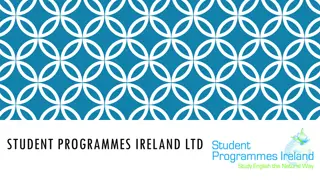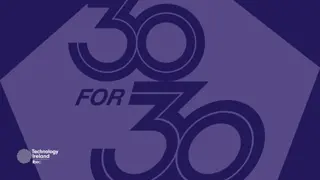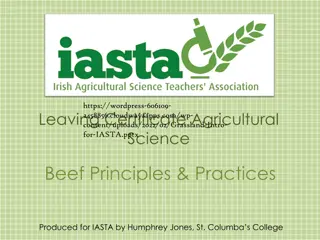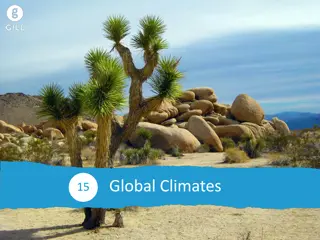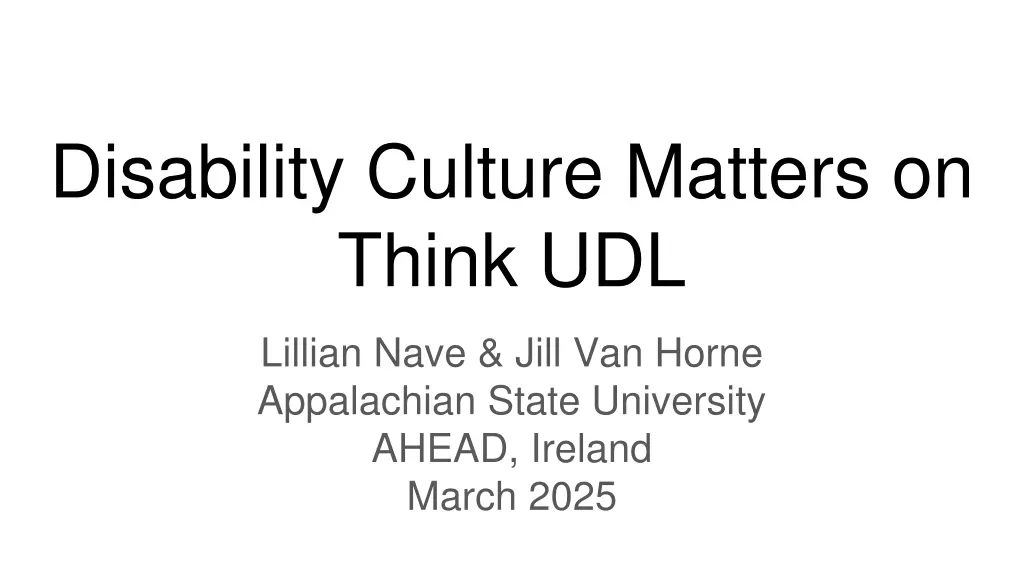
Empowering Exceptional People: Understanding and Meeting Their Needs
Explore the importance of understanding and meeting the needs of exceptional individuals to foster inclusive environments, enhance well-being, and drive societal benefits. Learn how unmet needs can lead to emotional dysregulation and adverse outcomes, while meeting these needs can lead to improved relationships, productivity, and diversity in the workplace.
Download Presentation

Please find below an Image/Link to download the presentation.
The content on the website is provided AS IS for your information and personal use only. It may not be sold, licensed, or shared on other websites without obtaining consent from the author. If you encounter any issues during the download, it is possible that the publisher has removed the file from their server.
You are allowed to download the files provided on this website for personal or commercial use, subject to the condition that they are used lawfully. All files are the property of their respective owners.
The content on the website is provided AS IS for your information and personal use only. It may not be sold, licensed, or shared on other websites without obtaining consent from the author.
E N D
Presentation Transcript
Disability Culture Matters on Think UDL Lillian Nave & Jill Van Horne Appalachian State University AHEAD, Ireland March 2025
Think UDL Podcast (1 of 2) What is Think UDL? A conversational podcast hosted by Lillian Nave who talks to higher education faculty, staff, students, and employers about learner variability. Who Should Listen? Anyone who is, works with, learns with, supports, teaches, or employs higher education students or graduates.
Think UDL Podcast (2 of 2) Why Should One Listen? To better understand the variety of students in higher education To design inclusive learning environments To lower barriers to learning for students To create flexible learning and employment systems
Why Meet the Needs of Exceptional People Relationships are so essential to people s survival that they register in the body and the brain in the same way as physical injury, lack of water, or loss of oxygen. Because meeting their needs meets the core desire of humans . To know we belong. Connected. Loved. Worth it.
Why Understanding Matters? When people are misunderstood or silenced they will twist themselves to fit the only relationship that is available. This can lead to a pervasive sense of shame, vulnerability, despair, and immobilization. Adverse responses can happen if we disallow people to grow to their full potential. Everyone misses out!
When the Needs Arent Met This leads to emotional dysregulation: These can result in: Anxiety and depression Poor work performance Self-harming behaviors Liability with mishaps from misunderstandings Eating Disorders Unreliable employee attendance Suicidal ideation Confusion of their/ within their role Unhealthy behaviors, such as substance abuse
When the Needs Are Met Employers Benefit Societal Benefits Diverse Talent Pool Enhanced Economic Contribution Enhanced Diversity in the Workplace Reduction of Social Inequality Improved Company Reputation Improved Innovation and Creativity Better Customer Connections (reflecting the market & society) Breaks Down Stigma and Attitudes Stronger Social Cohesion Greater productivity
When the Needs Are Met Familial Benefits Employers Benefit Creates a greater sense of safety- for everyone Diverse Talent Pool Enhanced Diversity in the Workplace Greater sense of social inclusion Improved Company Reputation Greater family relationships Better Customer Connections (reflecting the market & society) Sense of belonging Increased opportunities for independence Greater productivity Positive impact and quality of life
Episodes: Understanding Disability Centering Disability with Katie Grennell Nothing Without Us with Amy Lomellini Deconstructing "College Material" with Cate Weir Disability Cultural Centers with Carrie Ingersoll Wood
Episodes: Designing Inclusive Environments Transparent Design with Mary-Ann Winklemes Design Cycle and Research with Kavita Rao Inclusive Instructors Use UDL with Tracie Addy Easing Academic Stress with Elizabeth Hitches Virtual Gathering, Real Inclusion with Cait Kirby and Liz Norell HyFlex Love Affair with Kenyada McLeod Academic Integrity through Assessment Design with Mark Glynn
Episodes: Believing Students Students as Partners with Anastasia Williams and Lorena Perales Ask Me and Believe Me with Mickey Rowe Can Tech Help Create Belonging? with Rachel Kruzel
Episodes: Neurodiversity Neurodiversity is a Strength with Gloria Niles Different Kinds of Intelligence with Temple Grandin Collaborative Neurodiversity Institute with Sarah Mooney The Double Empathy Problem with Aaron Lanou and Colin Ozeki Neurodivergent Workforce Win-Win with Jeff Miller Supporting Neurodiverse Learners with Chiara Horlin

